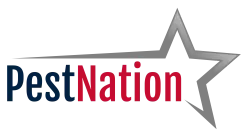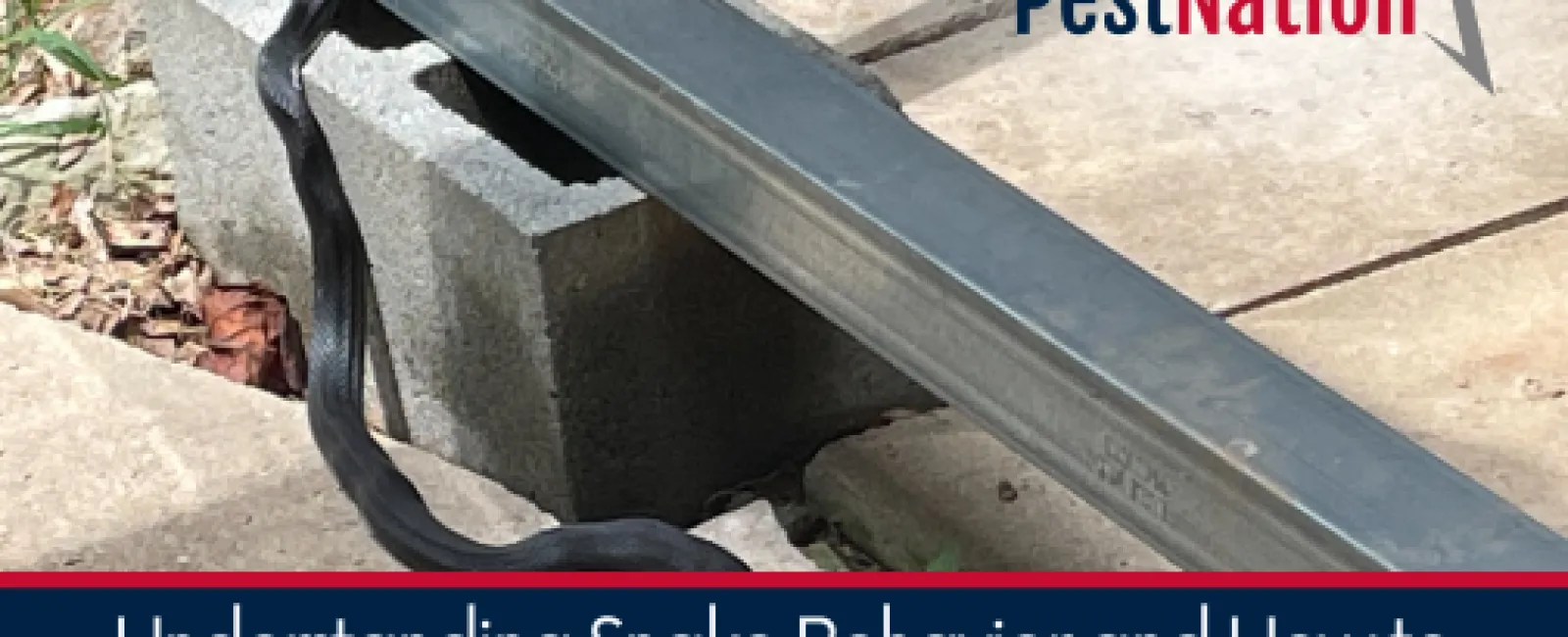Encountering a snake near your home or workplace can be alarming, but snakes play an essential role in the ecosystem. In areas like Atlanta, Charleston, and Charlotte, seeing a black snake around your property is not uncommon. These snakes are typically non-venomous, yet their presence can be unsettling for many property owners. Understanding why snakes appear around homes, what attracts them, and how to prevent unwanted encounters is key to creating a safe and balanced living environment.
Common Snakes Found in the Southeast
The southeastern United States is home to a wide variety of snake species. In urban and suburban areas, residents often encounter non-venomous snakes like the black rat snake or the eastern black racer.
Black Rat Snake:
-
Known for its glossy black appearance and lighter underbelly, the black rat snake is an excellent climber and feeds primarily on rodents and birds.
-
Despite its intimidating look, it is harmless and actually beneficial because it helps control rodent populations.
Eastern Black Racer:
-
The black racer is a fast-moving, non-venomous snake. It often lives in wooded areas and fields but may venture into yards when looking for food.
-
These snakes are also non-aggressive unless provoked and usually flee quickly from humans.
Though these snakes are beneficial, many people still feel uncomfortable having them near their homes or businesses.
Why Snakes Enter Residential and Commercial Properties
Snakes typically enter human-occupied areas for one of two reasons: food or shelter.
-
Food Sources:
Snakes are primarily attracted to areas with abundant prey, such as rodents, insects, birds, or even frogs. If your property has a rodent issue, it increases the chances of attracting snakes. -
Shelter:
Snakes seek safe hiding spots, particularly during hot weather or when preparing to shed their skin. Common hiding areas include woodpiles, tall grass, overgrown shrubs, basements, crawlspaces, and cluttered sheds. -
Water:
Properties with nearby ponds, streams, or irrigation systems can also draw snakes, as these areas tend to harbor amphibians and insects, which snakes feed on.
Snake Behavior and Habits
Snakes are cold-blooded reptiles, meaning they rely on external sources of heat to regulate their body temperature. This behavioral trait dictates much of their activity:
-
Basking: Snakes often bask in the sun to warm themselves, which is why they may be seen on driveways or patios during cooler mornings.
-
Nocturnal Habits: Many snakes hunt at night when temperatures are lower and prey is active.
-
Seasonal Patterns: In spring and summer, snakes are more active as they seek food and mates. In winter, many species go into a form of hibernation called brumation, where they become less active.
Understanding these patterns can help homeowners anticipate when and where they might see snakes.
Are Black Snakes Dangerous?
Most black snakes found in Atlanta, Charleston, and Charlotte are non-venomous and pose little risk to humans or pets. They rarely bite unless provoked and often retreat when confronted. Their primary ecological benefit is rodent control, which indirectly helps reduce the risk of diseases carried by rodents and prevents structural damage caused by gnawing pests.
However, even non-venomous snakes can startle residents and cause anxiety. Additionally, any snake encounter raises the possibility of accidentally coming across venomous species, such as copperheads, which share some overlapping habitats.
How to Reduce Snake Encounters
Keeping snakes away from your property involves addressing the conditions that attract them:
-
Rodent Control:
Eliminating food sources for snakes starts with rodent management. Professional pest control services can help reduce mice and rat populations, which are a primary food source for snakes. -
Landscaping and Yard Maintenance:
-
Keep grass trimmed short to eliminate hiding spots.
-
Remove piles of debris, wood, or unused building materials.
-
Trim shrubs and keep vegetation away from your house foundation.
-
-
Seal Entry Points:
Inspect your property for cracks, holes, or gaps where snakes could enter basements, crawlspaces, or attics. Use weather stripping and sealant to secure these areas. -
Reduce Standing Water:
Eliminating excess moisture and standing water can reduce amphibians and insects, indirectly reducing snake food sources. -
Wildlife Exclusion Services:
Professional pest and wildlife control services can install exclusion barriers and provide tailored recommendations to deter snakes.
What to Do If You See a Snake
-
Stay Calm: Most snakes will not attack unless they feel threatened. Give the snake space and time to move away.
-
Do Not Attempt to Handle It: Without proper training, trying to capture or kill a snake can be dangerous.
-
Call a Professional: If you're concerned about a snake on your property, contacting a wildlife control service is the safest approach.
PestNation's Role in Snake Management
PestNation offers professional inspection and exclusion services across Atlanta, Charleston, and Charlotte. Our technicians are trained to identify conditions that may attract snakes and implement exclusion methods to reduce risks. In cases where snakes are already present, we use safe, humane techniques to relocate them and advise on long-term prevention strategies.
By addressing underlying pest issues like rodents and implementing habitat modifications, we provide a holistic approach to keeping your property safe and snake-free.
While a black snake may seem alarming at first glance, these reptiles are often harmless and even beneficial in controlling pests like rodents. Understanding why snakes appear, their habits, and how to make your property less attractive to them can significantly reduce unwanted encounters. With professional help from PestNation, property owners in Atlanta, Charleston, and Charlotte can enjoy peace of mind knowing their homes and businesses are protected from wildlife intrusions.

